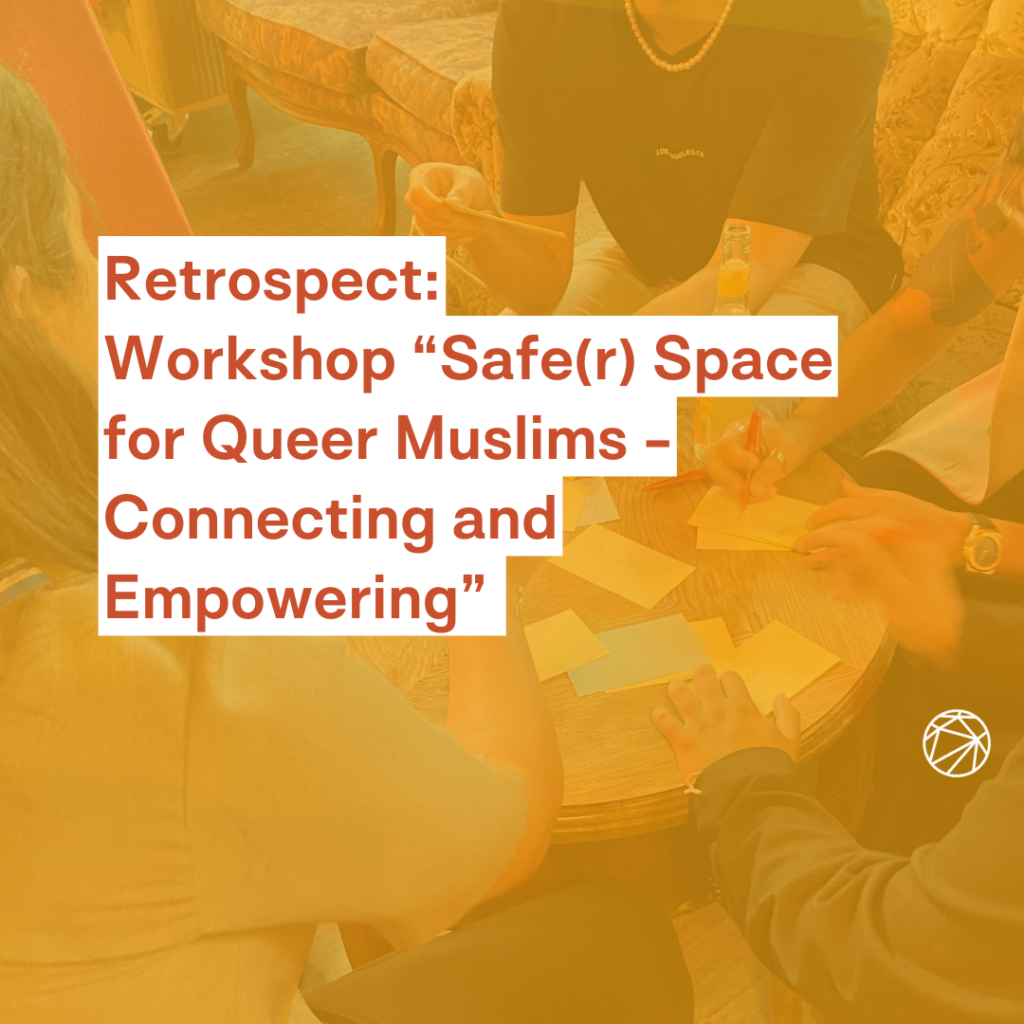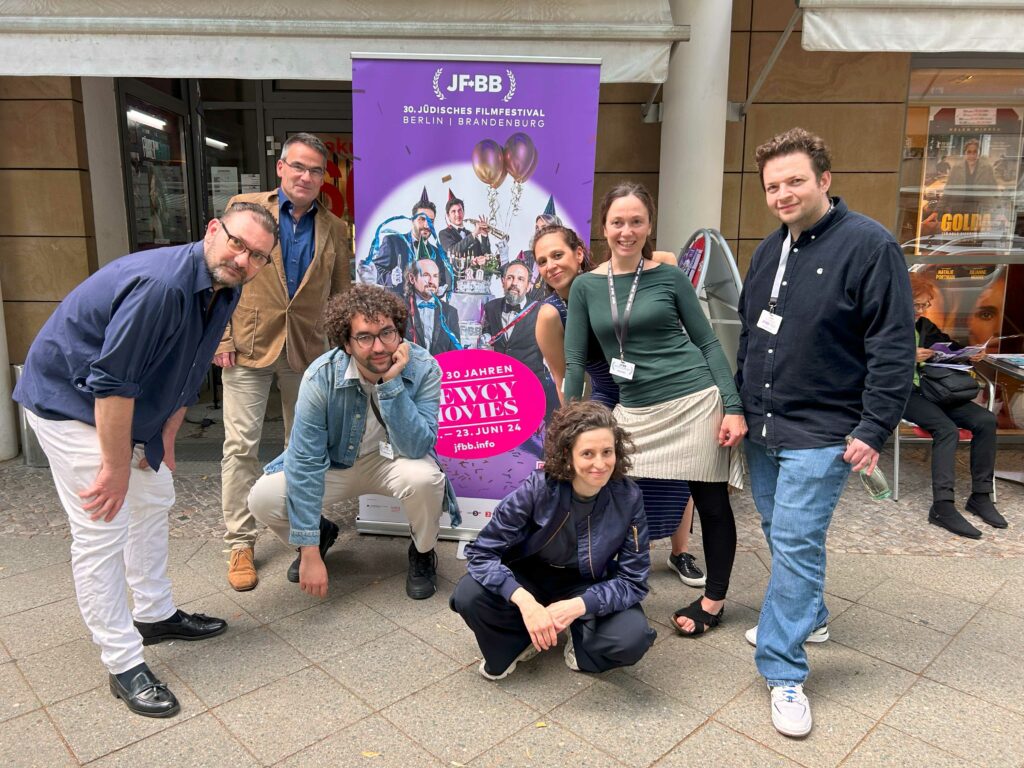Das Dialogperspektiven-Netzwerk wächst! Zum neuen Programmjahr 2023/24 begrüßen wir 60 Teilnehmer*innen aus 15 europäischen Ländern mit unterschiedlichen Religionen und Weltanschauungen. Wir beginnen das Programmjahr mit dem Herbstseminar zum Thema „Navigating Crisis – Tools for Community-based Social Action“ vom 11. bis 15. Oktober in Bonn.
Das diesjährige Herbstseminar wird sich mit den kritischen Fragen, Herausforderungen und Chancen von aktuellen Krisen befassen und konkrete Instrumente für gemeinschaftliches Handeln entwickeln, mit denen wir diesen mit Resilienz und Solidarität begegnen können. Angesichts der Krisen ist es an der Zeit, sich des immensen Potenzials bewusst zu werden, das in der Diversität europäischer Gesellschaften steckt, in denen unterschiedliche religiöse und weltanschauliche Perspektiven aufeinandertreffen.
In Workshops und Vorträgen werden die Teilnehmer*innen vertiefte Kenntnisse über aktuelle Krisen gewinnen, Herausforderungen und mögliche Lösungen diskutieren und Instrumente entwickeln, um Communities zu stärken und einen echten gesellschaftlichen Wandel zu bewirken.
Mit Hilfe von europäischen Expert*innen werden wir zu den folgenden Themen lernen und diskutieren:
Workshop 1: “How logical is biological?” Climate Justice Conversations through an Intersectional Queer Ecofeminist Lens, Dr. Asmae Ourkiya
Have you ever thought about how climate change affects people differently based on several factors like skin colour, socio-economic backgrounds, gender, indigeneity, and sexuality? Join this workshop for a three-day immersive blend of hands-on activities, conversations, and collaborative brainstorming to address the critical issue of climate justice through the lens of queer ecofeminism, aiming to equip you to be a catalyst for change in your own community.
Workshop 2: Religion “in” Crisis: Challenges, Ambivalences and Perspectives of Religion in Times of Polycrisis, – Prof. Dr. Frederek Musall
Despite of being facing a crisis of its’ own in liberal, democratic and pluralistic societies (due to decline of membership and influence), “religion” (in the abstract) is often assigned a special role in our societies in times of crisis, as it is perceived as positive factor of shaping moral and social values, thereby contributing to social resilience and strengthening social cohesion. On the other hand, religious actors and institutions can also contribute to the intensification of moments of crisis, e. g. through their corresponding insistence on exclusive truth claims vis-à-vis what is perceived as moral relativism. The workshop will discuss current examples in which religious actors and institutions deal with, manage, or even instigate moments of crisis and what internal and external challenges they thereby face (e. g. questions of universalism versus particularism).
Workshop 3: Democracy in the Defensive: Attacking the Jurisprudence – a Rightwing Strategy and Countermeasures, Dr. Núria González Campañá
This seminar analyses how the phenomenon of populism erodes constitutional democracy. In particular, one of the main victims of this erosion is the independence of the judiciary. Ways to counteract this trend will also be explored.
Workshop 4: Strategies for a Resilient Digital Democracy – From Disinformation to Engagement, Dr. Jonas Fegert
This ‚Digital Democracy‘ workshop explores democracy in a digitalized world, emphasizing social networks’ impact by addressing how these platforms can foster or hinder societal discourse and democratic participation. Key topics include Big Techs platform mechanisms and disinformation’s role in eroding trust. The workshop offers theoretical insights and evidence-based research on deliberative democracies, democratic change, and social polarization, online and offline and furthermore discusses approaches to mitigate these challenges
Workshop 5: Society in Crisis – Navigating Nationalism, Democracy and Racism in Europe
Join us for a thought-provoking workshop on the pressing challenges of social coexistence in an era of rising ethno-nationalism and perceived global democratic decline, sometimes euphemistically referred to as a crisis of coexistence in Europe. Led by an expert in political theory and racism studies, this session will explore the complex dynamics at play. We will not only shed light on these complexities, but also facilitate discussions on practical tools and strategies for collective action. From analysing problems within ‚tolerant societies‘ to brainstorming concrete solutions, this workshop will explore the interplay between political theory, conflict, and racism.


